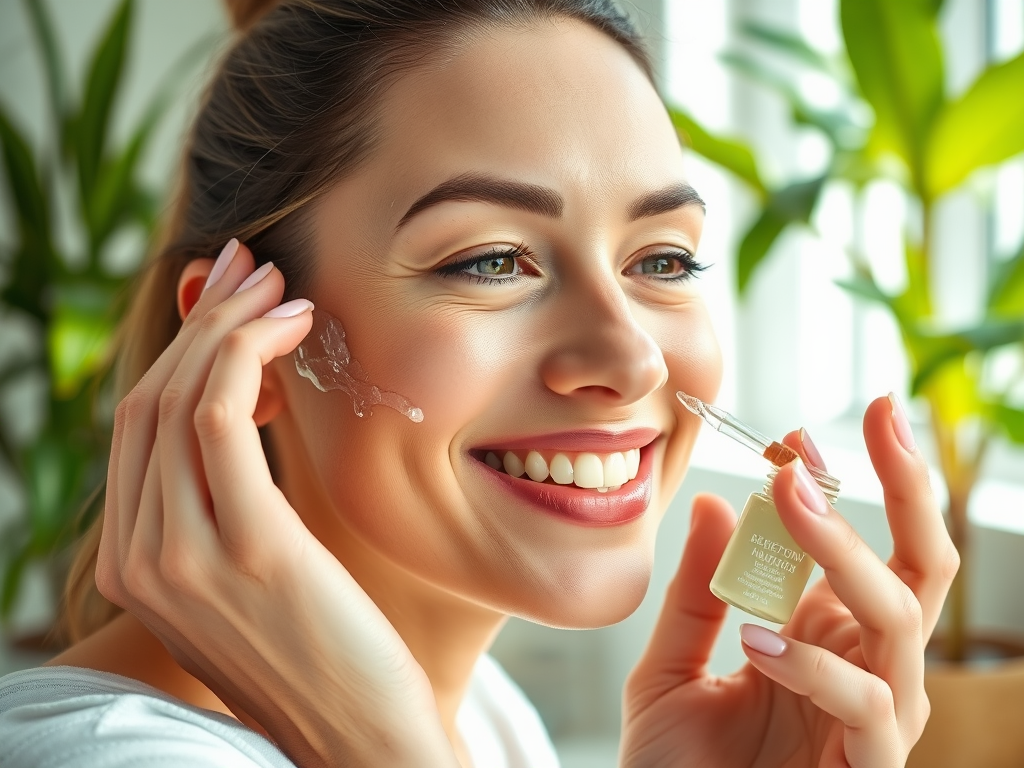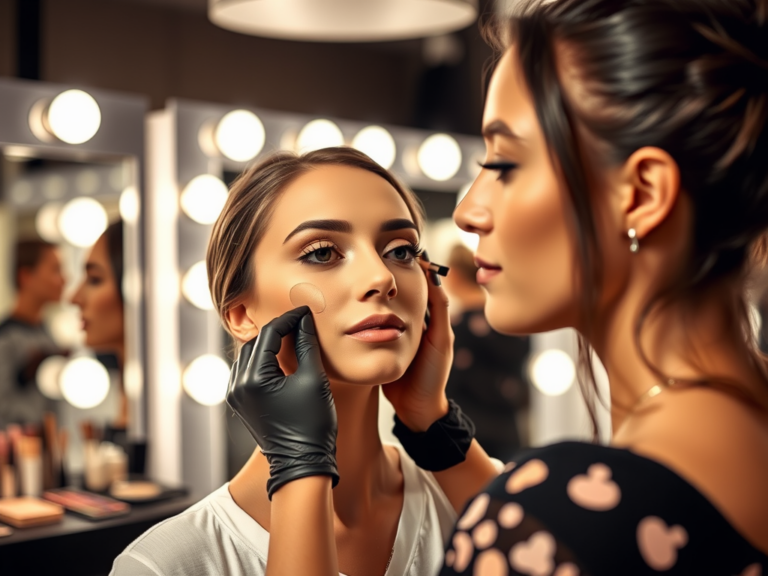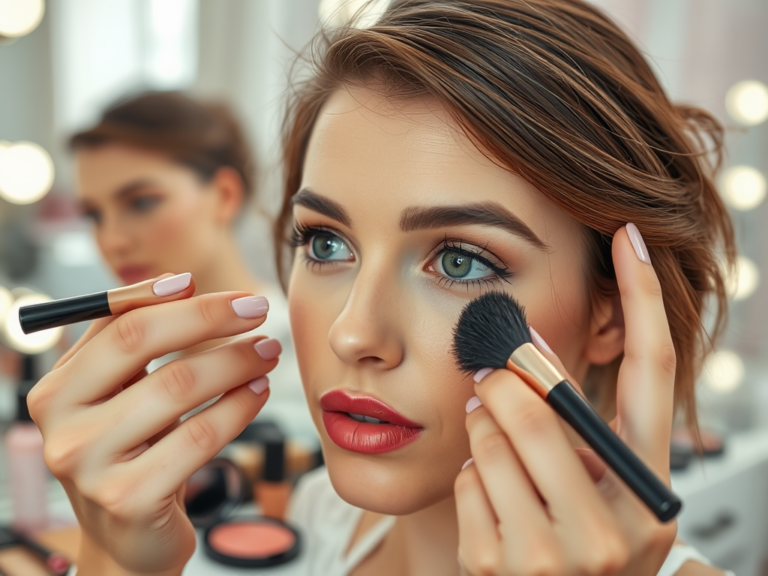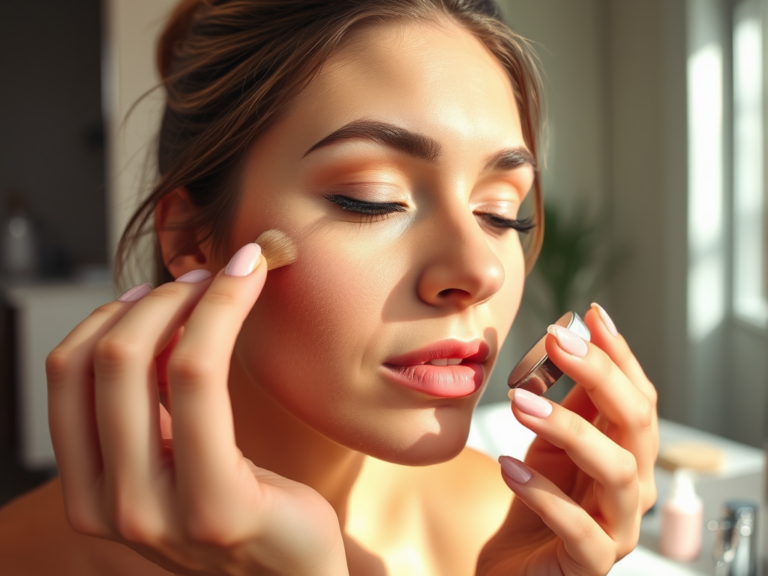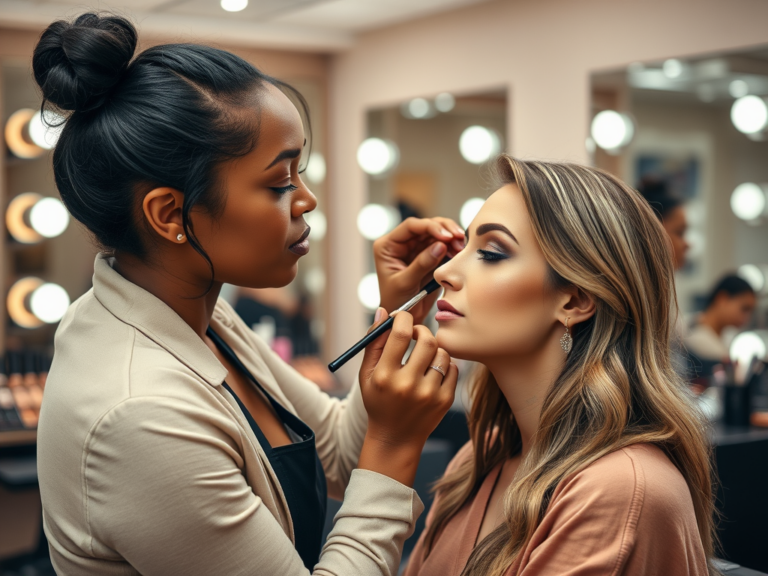In the pursuit of radiant and youthful skin, one factor often reigns supreme: hydration. While many might be quick to reach for the latest serum or cream promising a plump complexion, the foundation of true skin health begins far deeper. A well-hydrated body not only rejuvenates your skin but also enhances its elasticity, firmness, and overall appearance. Numerous experts in dermatology and nutrition converge on the vital nexus between hydration and skin health. This article delves into expert opinions and explores actionable insights to illuminate the path toward achieving plumper, more vibrant skin through effective hydration practices.
To understand the role of hydration in skin plumping, it’s essential to first appreciate what skin hydration truly means. At its core, skin hydration refers to the water content within the skin layers, which plays a crucial role in maintaining its structure and function. The skin acts as a natural barrier, protecting the body from environmental stressors while retaining moisture. When this barrier is compromised or dehydrated, the skin can become dull, saggy, and prone to fine lines or wrinkles. Moreover, feeling good about your skin can significantly impact your psychological well-being, boosting confidence and self-image.
Understanding Skin Hydration
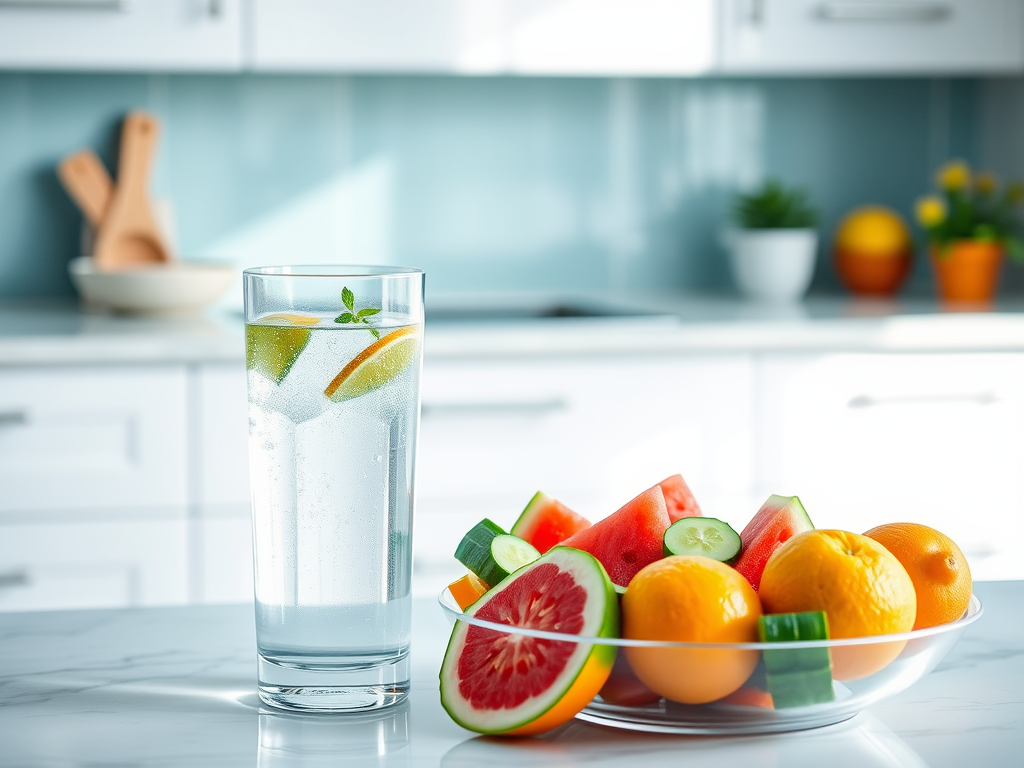
Skin hydration isn’t merely about the amount of water one drinks; it’s a complex interplay of internal and external factors. From the natural oils produced by your skin to the products you apply, every element holds significance. Furthermore, well-hydrated skin can create a youthful glow that radiates from within, often perceived as an indicator of health. Maintaining skin hydration goes beyond topical solutions; it’s also about adopting a holistic approach that includes lifestyle, diet, and self-care practices.
The Science Behind Hydration and Skin Plumping

Research reveals that hydration significantly influences skin elasticity and firmness, two critical factors contributing to a plump appearance. This correlation can be partially attributed to hyaluronic acid, a naturally occurring substance that retains moisture within the skin. By holding up to 1,000 times its weight in water, hyaluronic acid acts like a sponge, ensuring that skin remains adequately hydrated and resilient. Dehydration, on the other hand, can lead to a parched, aged appearance that many strive to avoid.
| Hydration Methods | Description |
|---|---|
| Drinking Water | Essential for internal hydration; aim for 8 glasses a day. |
| Moisturizers with Humectants | Products containing glycerin and hyaluronic acid that attract moisture to the skin. |
| Adequate Sleep | Quality rest supports the body’s natural hydration and repair processes. |
Expert Insights on Hydration for Skin Health
Experts consistently advocate for a comprehensive approach to skin hydration, emphasizing both external and internal contributions. Dermatologists highlight the importance of selecting quality moisturizers with humectants, which lock in moisture efficiently. The right skincare regimen entails not only the act of moisturizing but understanding individual skin types and their unique needs. For instance, skin that is oily may benefit from lightweight formulas, while dry skin types often require richer creams. Additionally, these specialists stress that hydration is not solely a topical concern but an internal one. This means drinking adequate amounts of water can enhance skin’s resilience and overall health.
Nutritionists echo the sentiments of dermatologists, bringing attention to the dietary choices we make daily. Foods rich in specific nutrients and high water content can support skin hydration in remarkable ways. For example, whole foods such as fruits and vegetables can offer vitamins and minerals that bolster hydration levels. Below is a list of food types that enhance skin moisture:
- Cucumbers
- Watermelon
- Oranges
- Avocados
Incorporating these foods into your diet can help support a radiant, hydrated complexion while showcasing the deeper connection between what we consume and how we feel about our skin.
Common Myths and Misconceptions
Despite the clear connections between hydration and skin health, various myths can cloud understanding. One common misconception is that all skin types require identical hydration routines. In reality, skin varies vastly from person to person. Additionally, some believe that oils can substitute complete hydration or that drinking excessive water will solve all skin issues. However, true hydration necessitates a balanced approach incorporating both adequate fluid intake and appropriate topical treatments. Clearing up these misunderstandings can pave the way for more effective skincare practices.
Expert-Recommended Hydration Practices
To maximize skin hydration, experts recommend establishing daily routines that incorporate both drinking adequate water and applying suitable moisturizers. The suggested daily intake of around 8 glasses works for many, but individual needs may vary depending on activity levels and climate. The timing of hydration is also noteworthy; drinking water first thing in the morning set the tone for hydration throughout the day.
Moreover, applying moisturizing products effectively can magnify their benefits. Key practices include:
- Using products right after bathing to lock in moisture.
- Layering humectant serums beneath creams for enhanced moisture retention.
- Incorporating a variety of hydrating ingredients to suit your skin type.
Conclusion
As we’ve explored, hydration holds a critical role in achieving plump, radiant skin. Insights from domain experts illuminate the multifaceted nature of skin hydration, combining elements from both skincare and nutrition. Embracing effective hydration practices can significantly enhance skin health, thereby boosting self-confidence and well-being. Take charge of your hydration journey by making conscious choices about water intake, dietary foods, and skin routines. With dedication, you can unlock the secret to a more vibrant, youthful complexion.
Frequently Asked Questions
- How much water should I drink daily to keep my skin hydrated? Experts recommend around 8 glasses (64 ounces) a day, but this can vary based on individual needs and activity levels.
- Can I rely solely on moisturizers for skin hydration? While moisturizers help, internal hydration through water intake and diet is crucial for optimal skin health.
- Does my skin type affect how I should hydrate? Yes, different skin types (oily, dry, combination) may require tailored hydration strategies.
- What foods should I eat to improve skin hydration? Foods high in water content, such as cucumbers, watermelon, and oranges, along with healthy fats from avocados, can help enhance skin hydration.
- Are there specific ingredients to look for in hydration products? Yes, ingredients like hyaluronic acid, glycerin, and ceramides are great for skin moisture retention.
